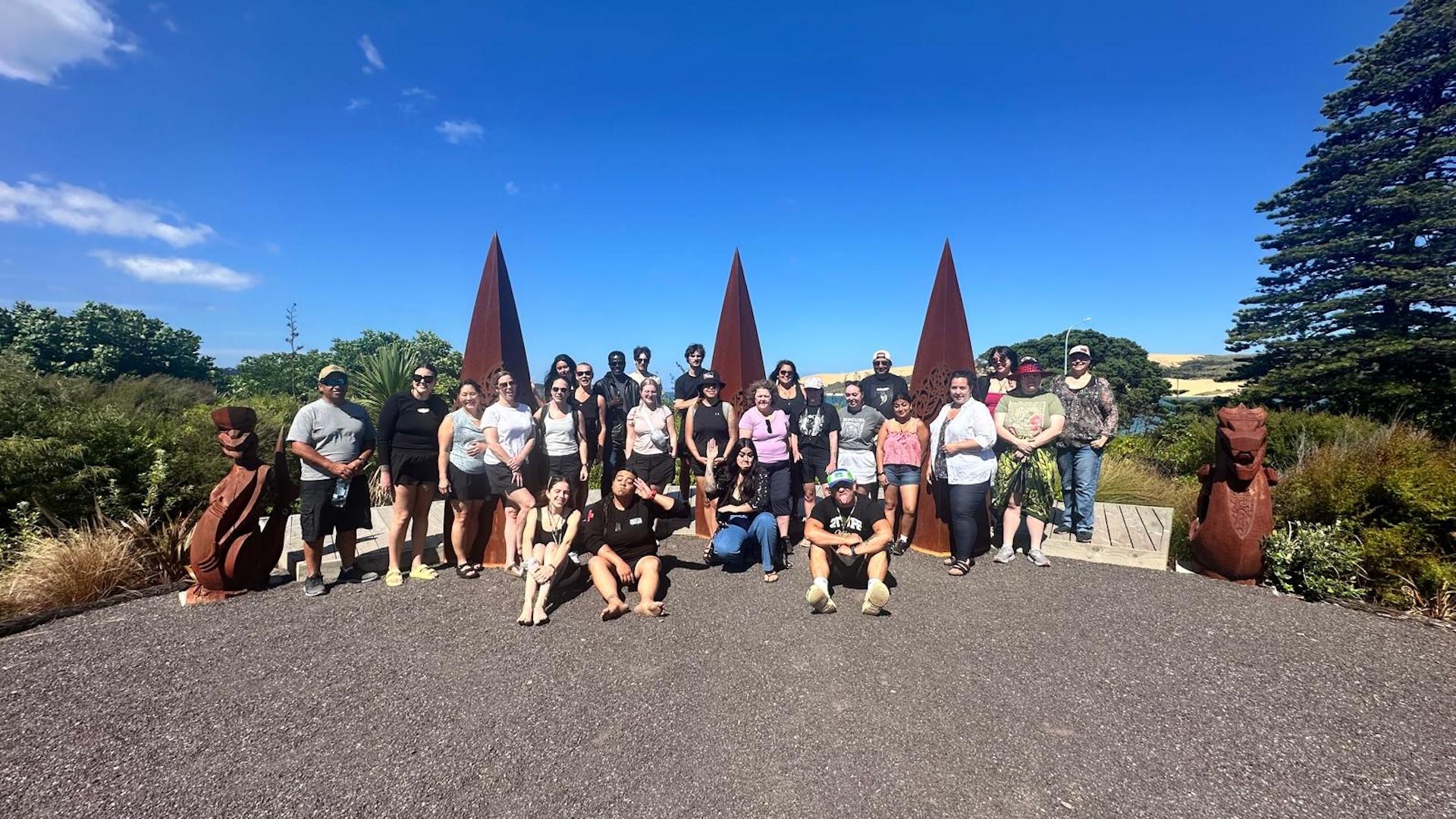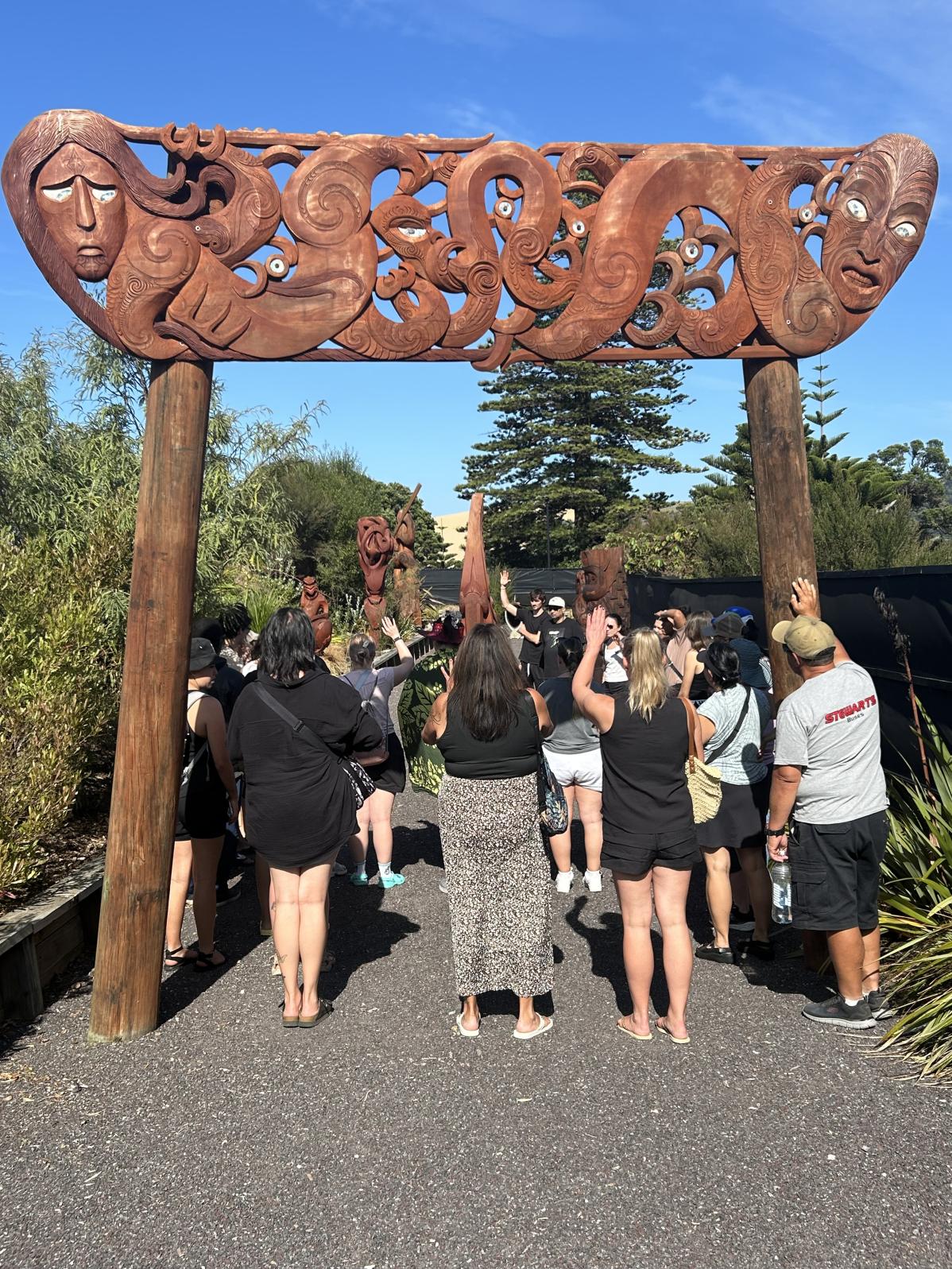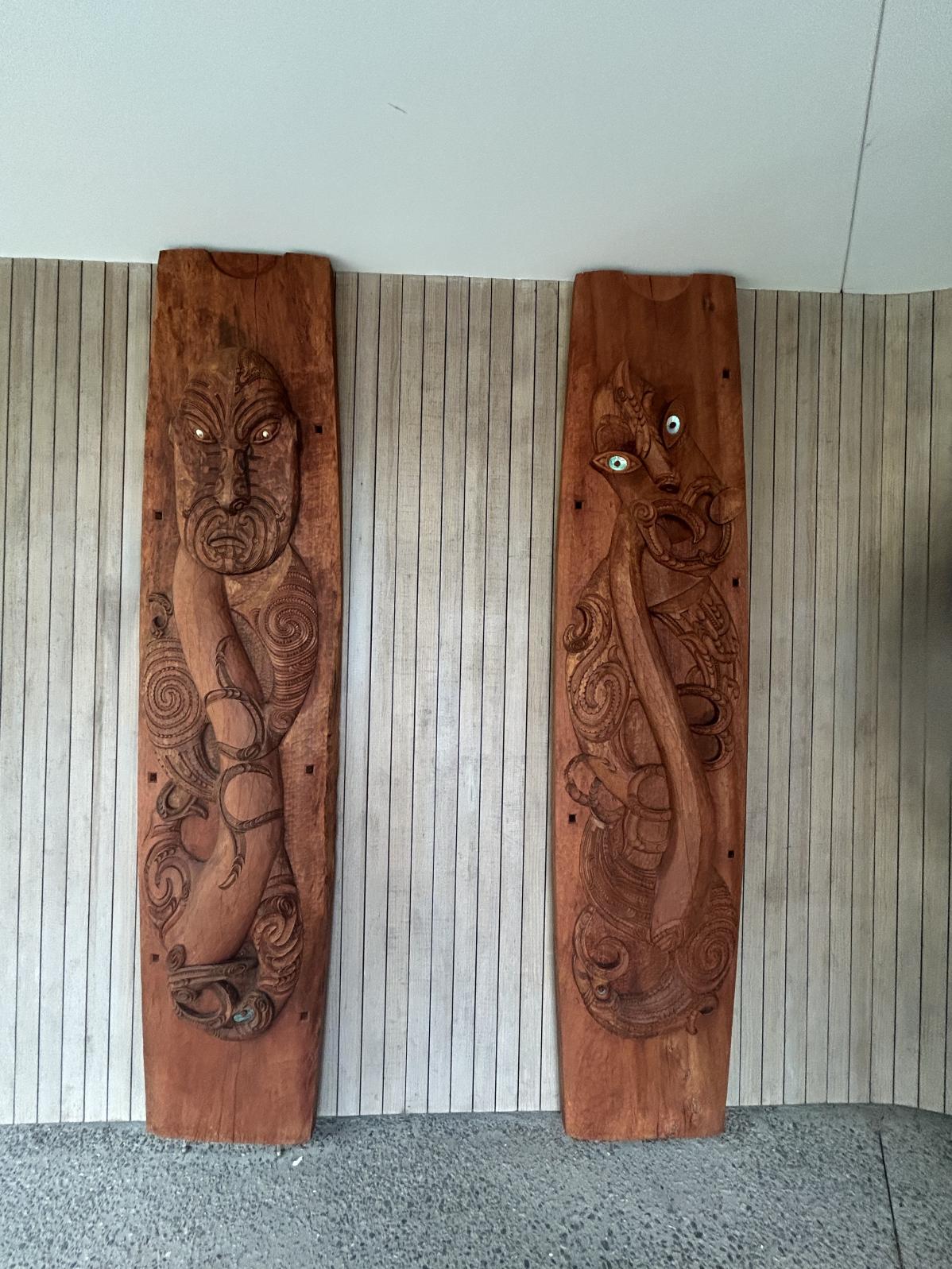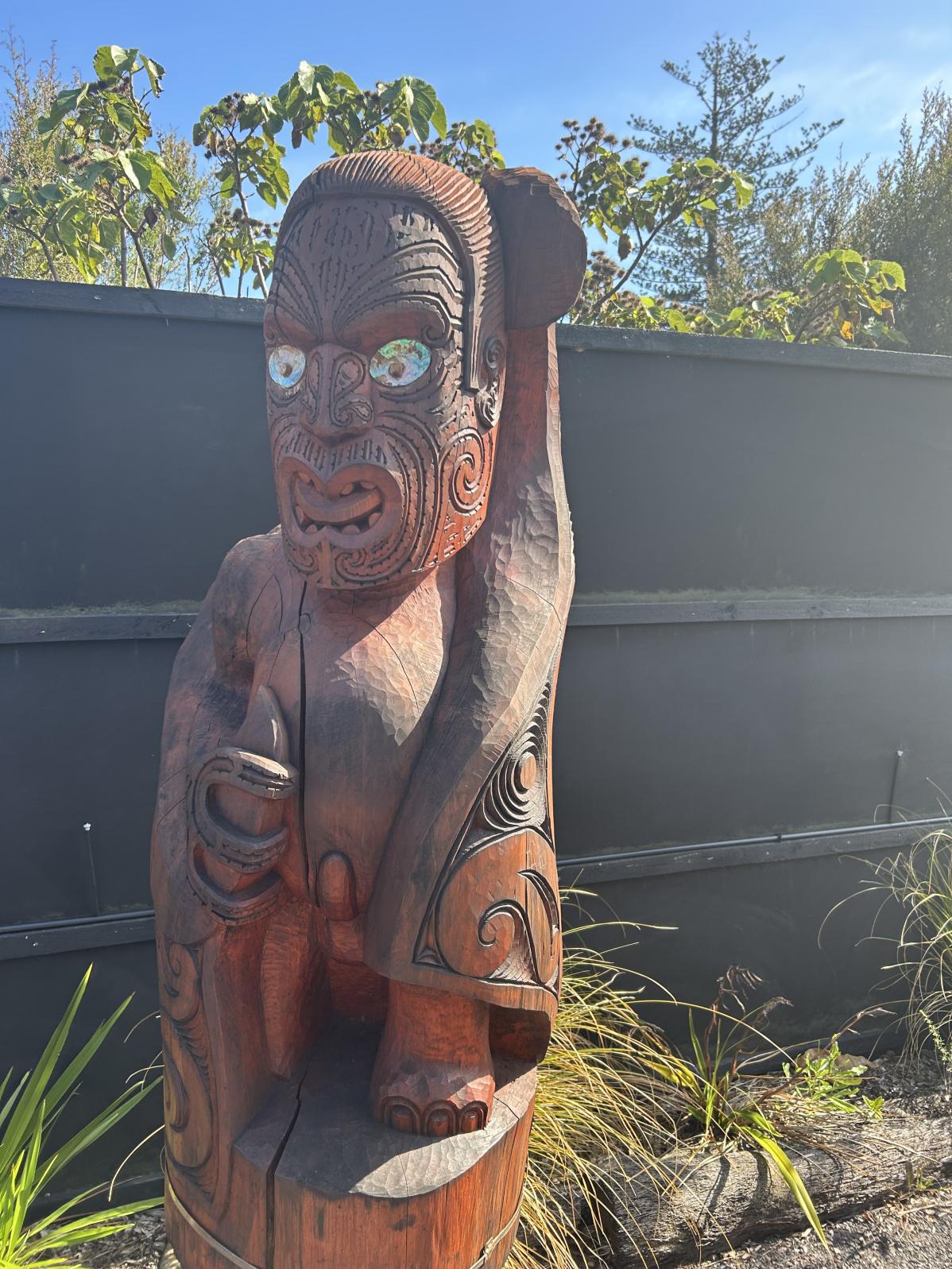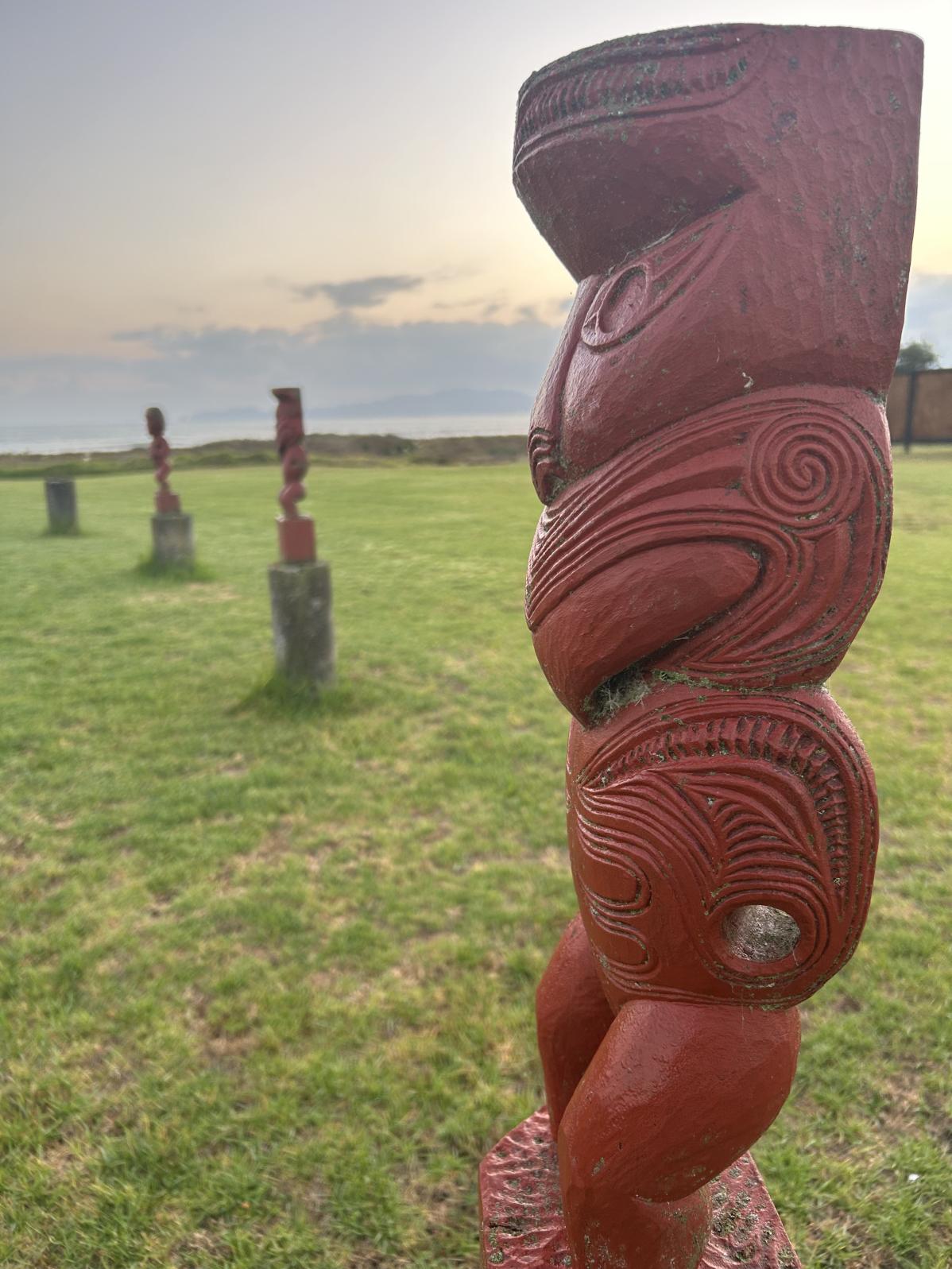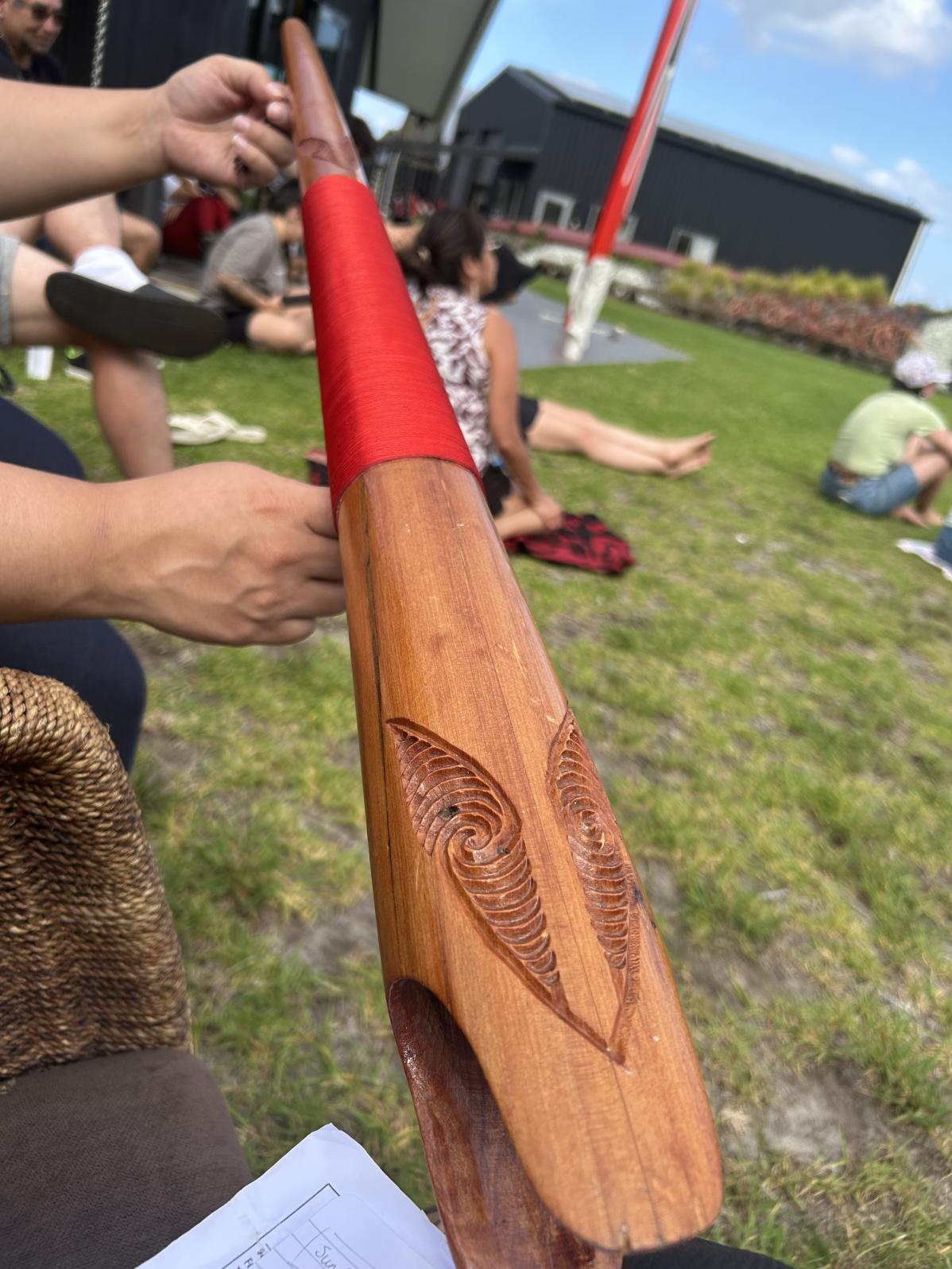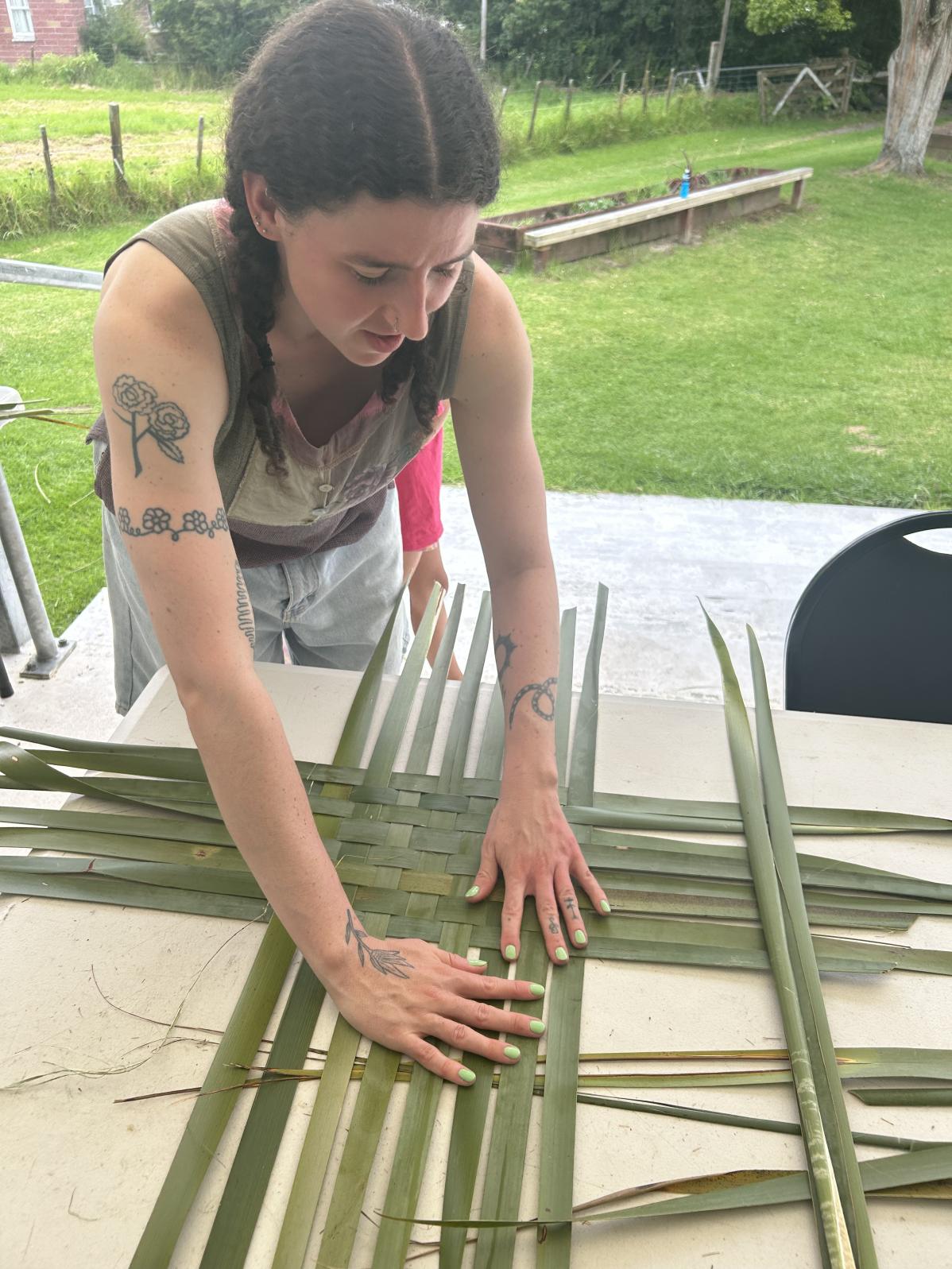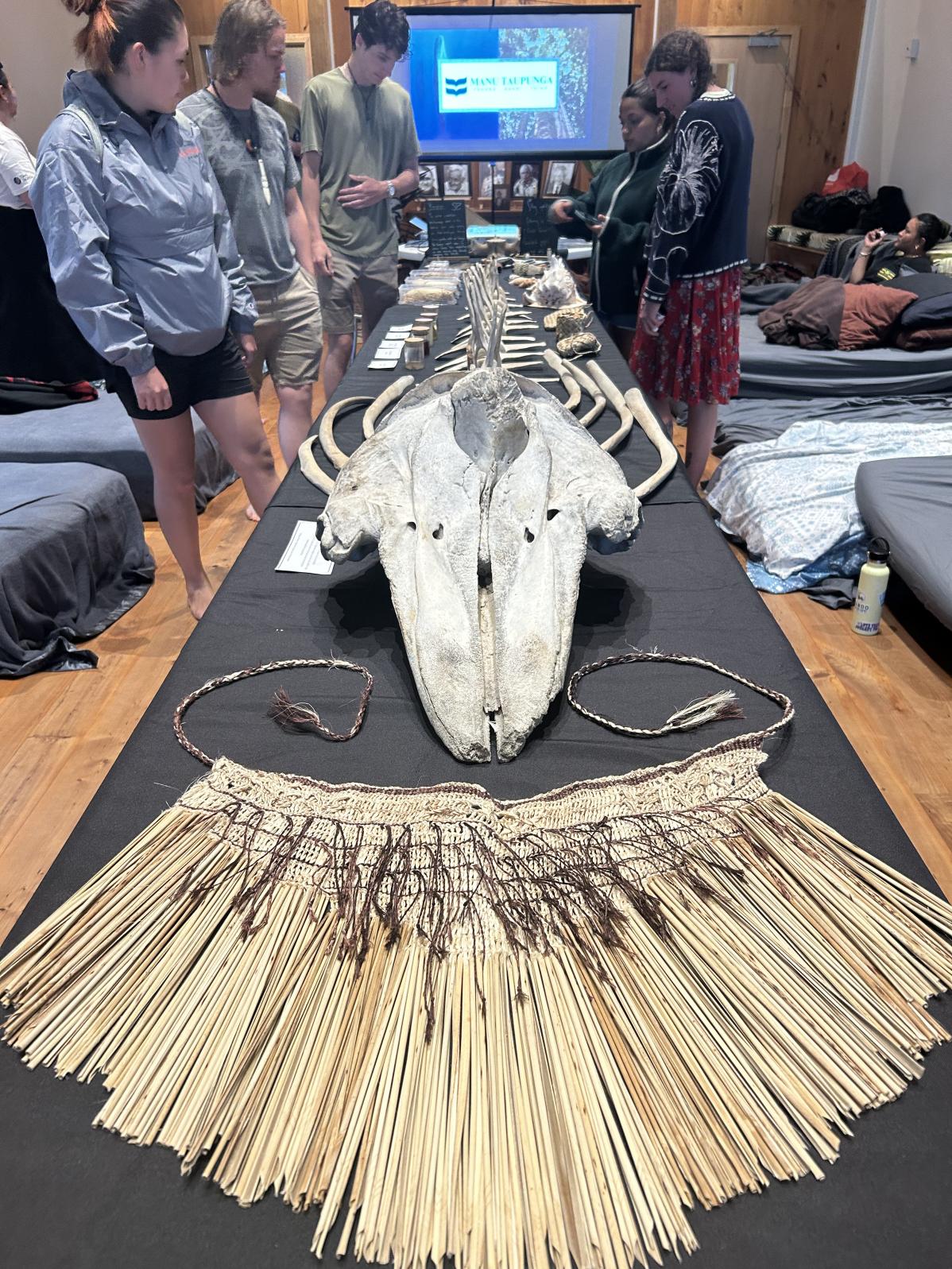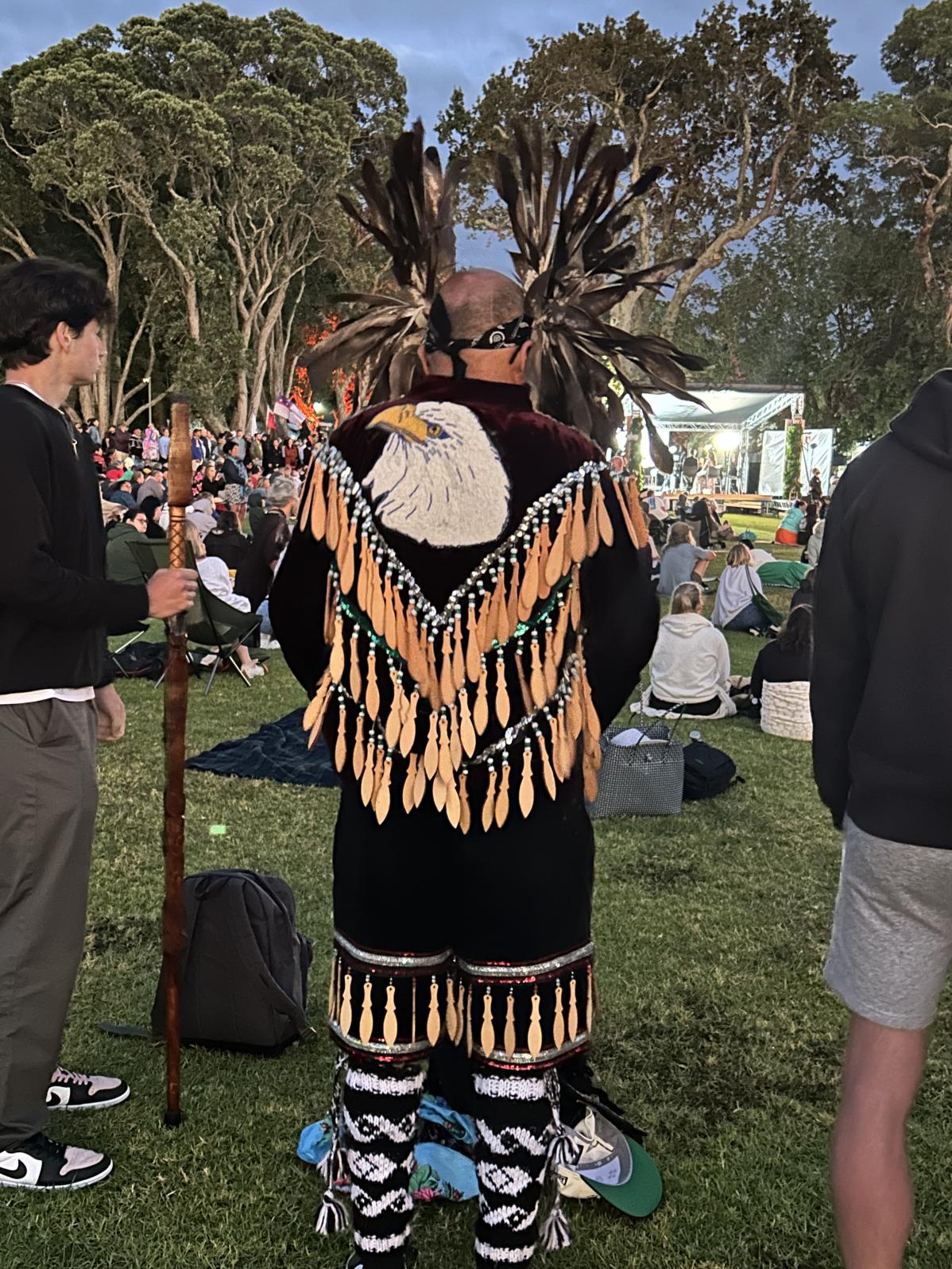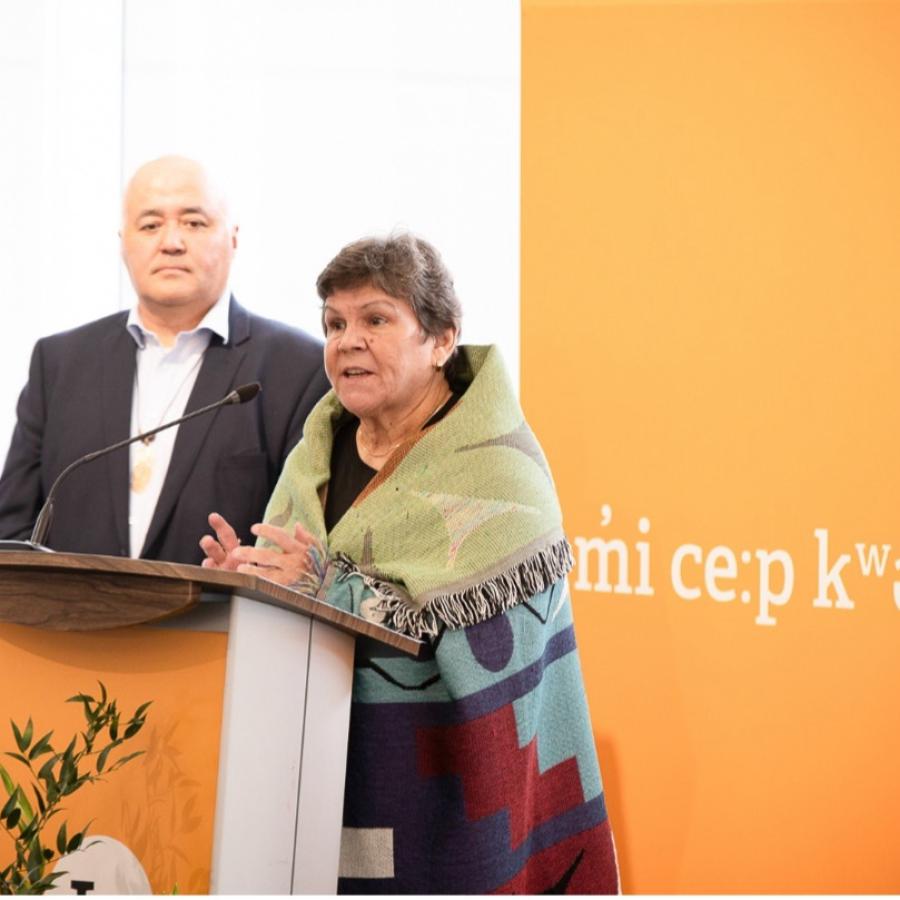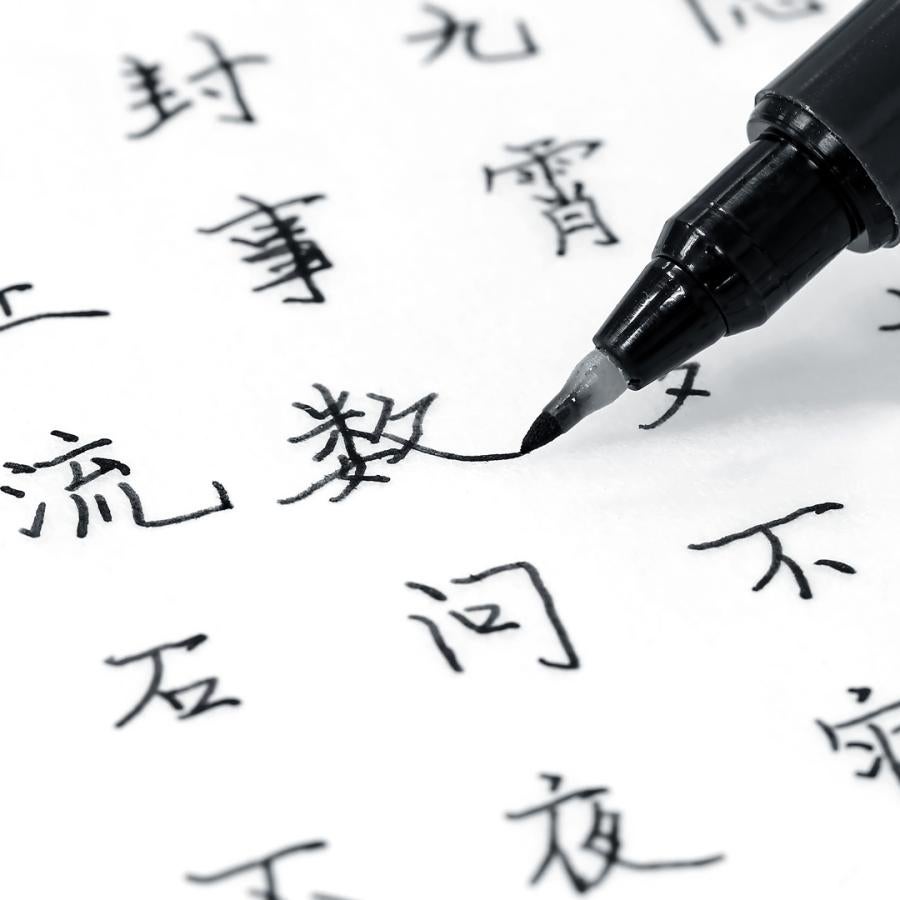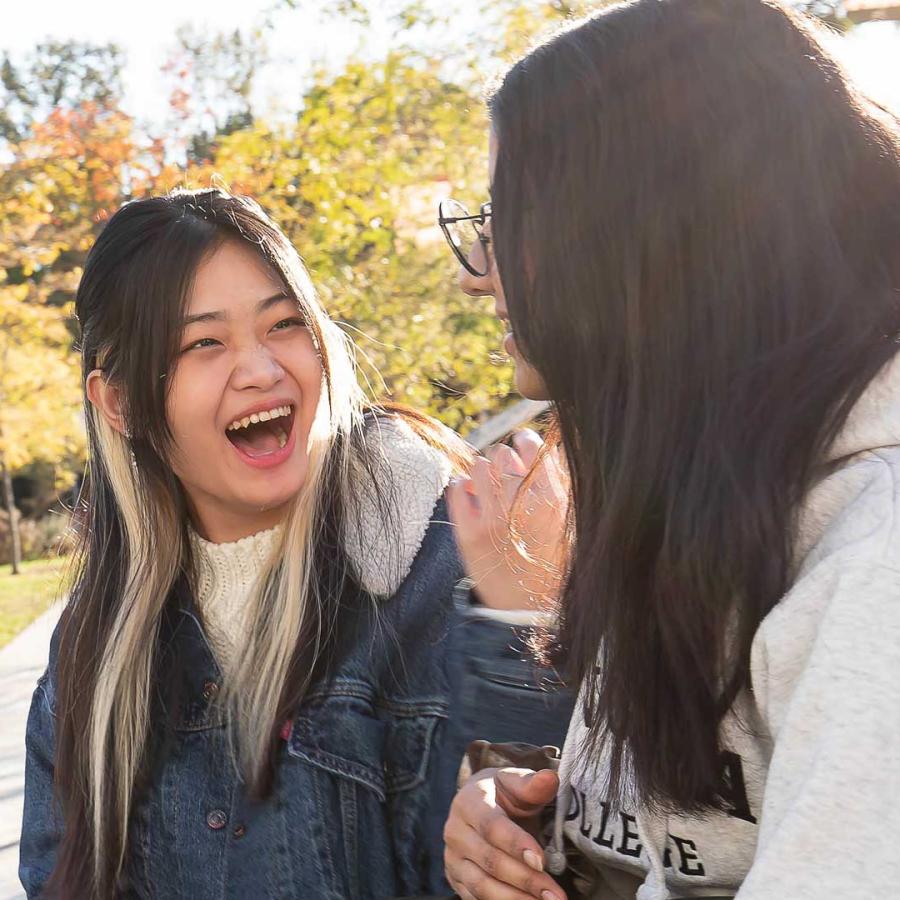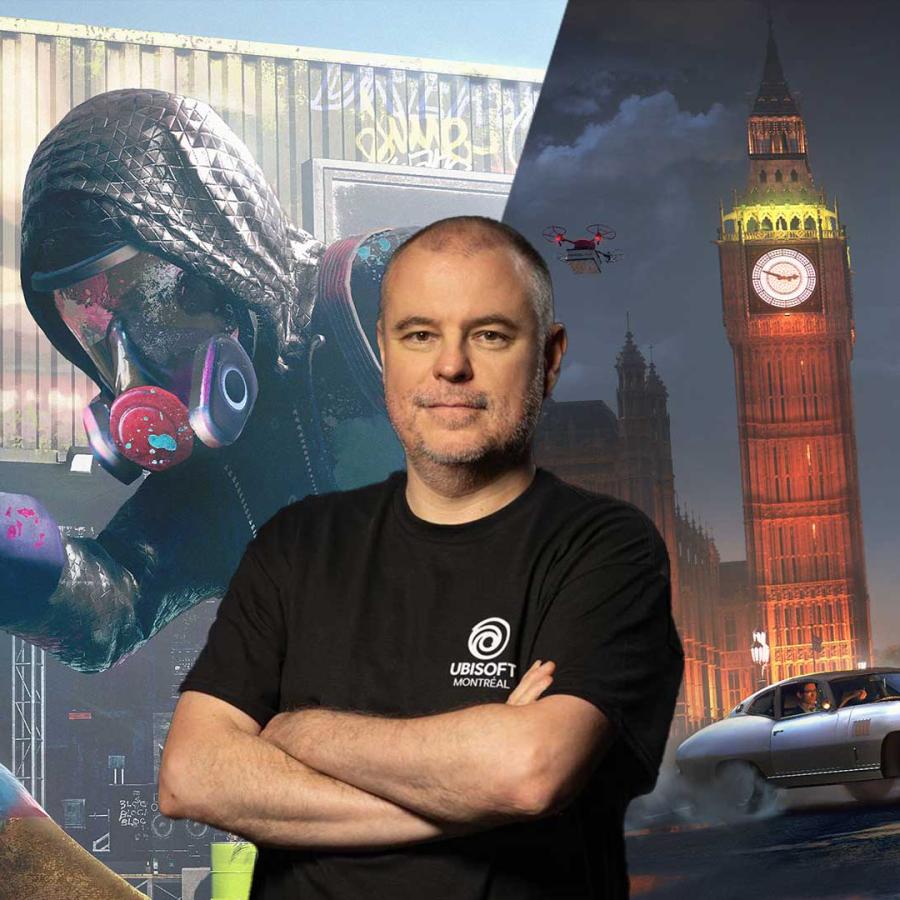Langara College students visited Aotearoa (New Zealand) to strengthen Indigenous connections and learn about Indigenization in education. Supported by the Global Skills Opportunity Program, the trip offered hands-on cultural experiences and highlighted Langara’s commitment to reconciliation.
Early in the spring 2025 term, a group from Langara College including senior leadership, Musqueam community members, faculty, and students embarked on a significant journey to Aotearoa (New Zealand), made possible through the federal government's Global Skills Opportunity Program and support from Langara’s Indigenous Education and Services department.
Strengthening Indigenous connections.
The trip's roots run deep in a long-standing relationship between Musqueam community members and Ngāpuhi Māori tribe members. This connection was further solidified during an international conference in fall 2024, where members from both communities exchanged invitations for visits.
Carolyn Wing, Intercultural Engagement Advisor for Langara's Office of Equity, Diversity, and Inclusion, and Early Childhood Education instructor, played a pivotal role in bringing the trip to life. “Working with Special Advisor to the President, Gail Sparrow, I connected with early childhood education contacts in Aotearoa and secured funding for student participation through the Global Skills Opportunity Program,” she explains.
The program aims to build global competencies and foster inclusivity in education by funding opportunities for domestic students, prioritizing those from equity-deserving groups (low-income, disabled, and Indigenous students).
Student voices: A life-changing experience.
The Langara College delegation included Musqueam community members and students from the Early Childhood Education (ECE) program, the Education Assistant program, and the Indigenous Gathering Space, the College's support hub for Indigenous students.
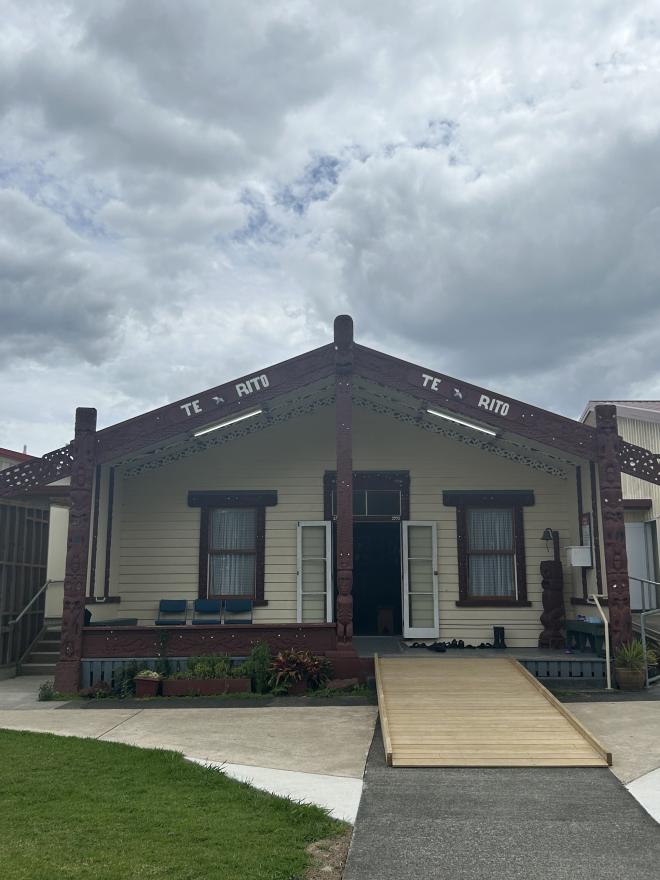
During their 10-day stay, students experienced a rich itinerary of cultural and historical exchanges. They lived communally in a traditional Māori marae (long house) and visited early childhood and secondary program education centres, learning firsthand how Aotearoa has integrated Indigenous culture early in education, which is something Canada is only beginning to embrace.
“Seeing how they integrate their culture into early education was a powerful experience,” notes student Elena Cardona.
Immersed in culture and history.
A major highlight of the trip was attending Waitangi Day celebrations, a national event commemorating the treaty between Māori chiefs and the British Crown. “I saw Māori immersion in Aotearoa. [It is] amazing to see how in tune they are with their culture,” shares Elena. “It took time to build, but they put in the work and made their voices heard.”
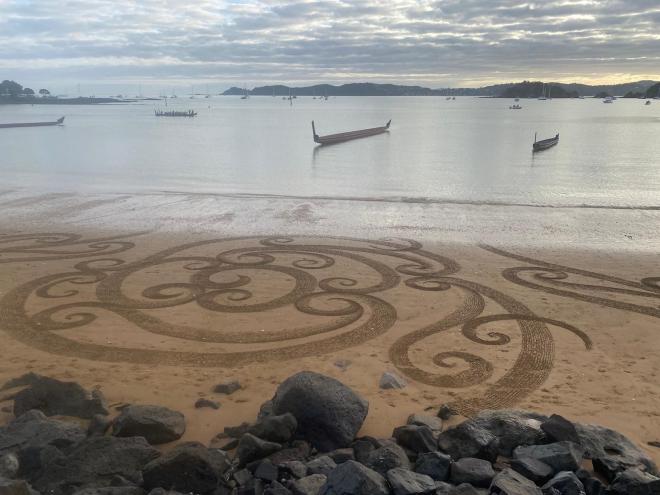
Students also engaged in educational sessions led by Ngāpuhi speakers, focusing on holistic approaches to education and cultural learnings. Wing says, “We aimed to exchange cultural insights and highlight successes in land reclamation and Indigenization.” Wing and Musqueam representatives also shared initiatives, including their virtual reality project aimed at early childhood educator training.
Hands-on activities included a workshop on creating traditional instruments called ukus, made from clay. “Each uku represents a different aspect of culture and nature,” Elena explains, emphasizing the importance of these experiences in her personal and professional growth.
Reflections and future impact.
Elena notes that a key takeaway is how Māori education is rooted in the values of whanaungatanga (kinship) and manaakitanga (hospitality and care for others). “These values not only guide the learning process but also the relationship between educators, children, and families. Children are taught the importance of respect for elders, the environment, and their heritage from a very early age.”
She adds, “I was also inspired by the way Māori language and traditions are integrated into everyday learning. It showed me the power of preserving language and culture in shaping young minds and fostering a sense of identity.”
Wing echoes this sentiment, highlighting the importance of understanding and preserving cultural identity. “This experience has reinforced our commitment to equity, diversity, and inclusion in education,” she notes.
For students, faculty, and leadership alike, the journey to Aotearoa was about more than cultural exchange; it was about fostering intercultural relationships, enriching their educational practices, and sharing Indigenous knowledge and experiences. Through this journey, the participants not only learned about Māori culture but also reflected on their own identities, paving the way for future collaborations and continued growth in their educational endeavors.
